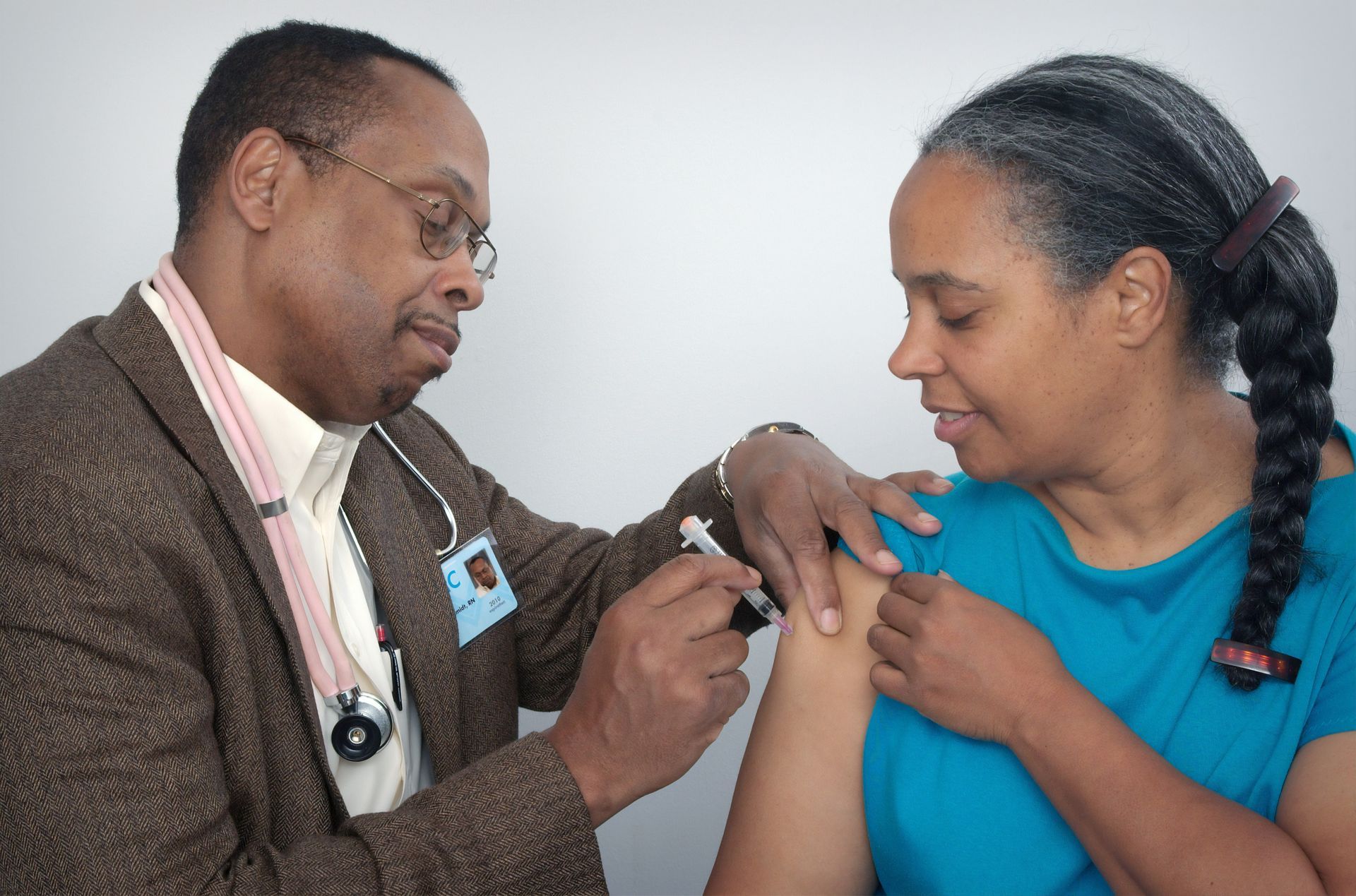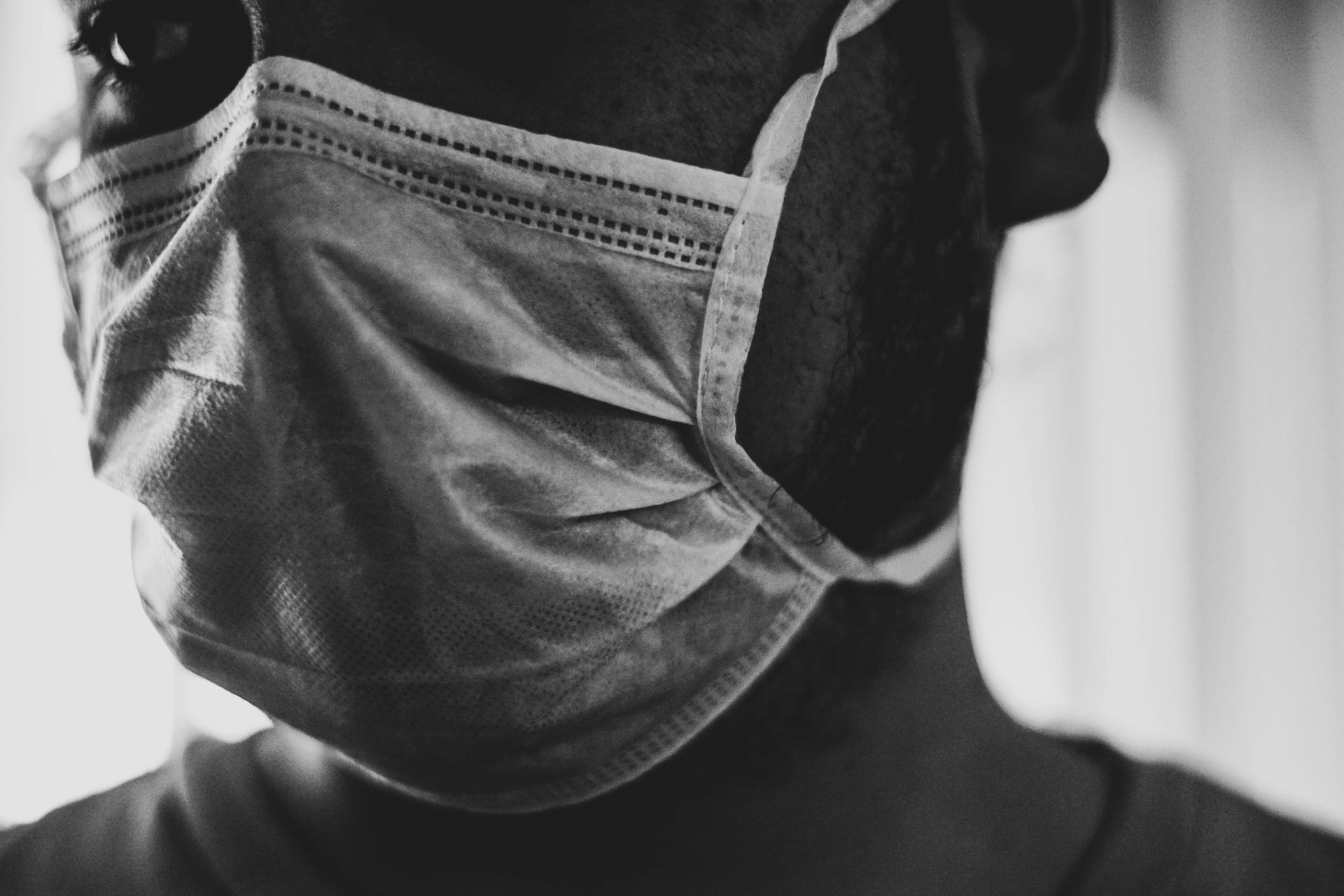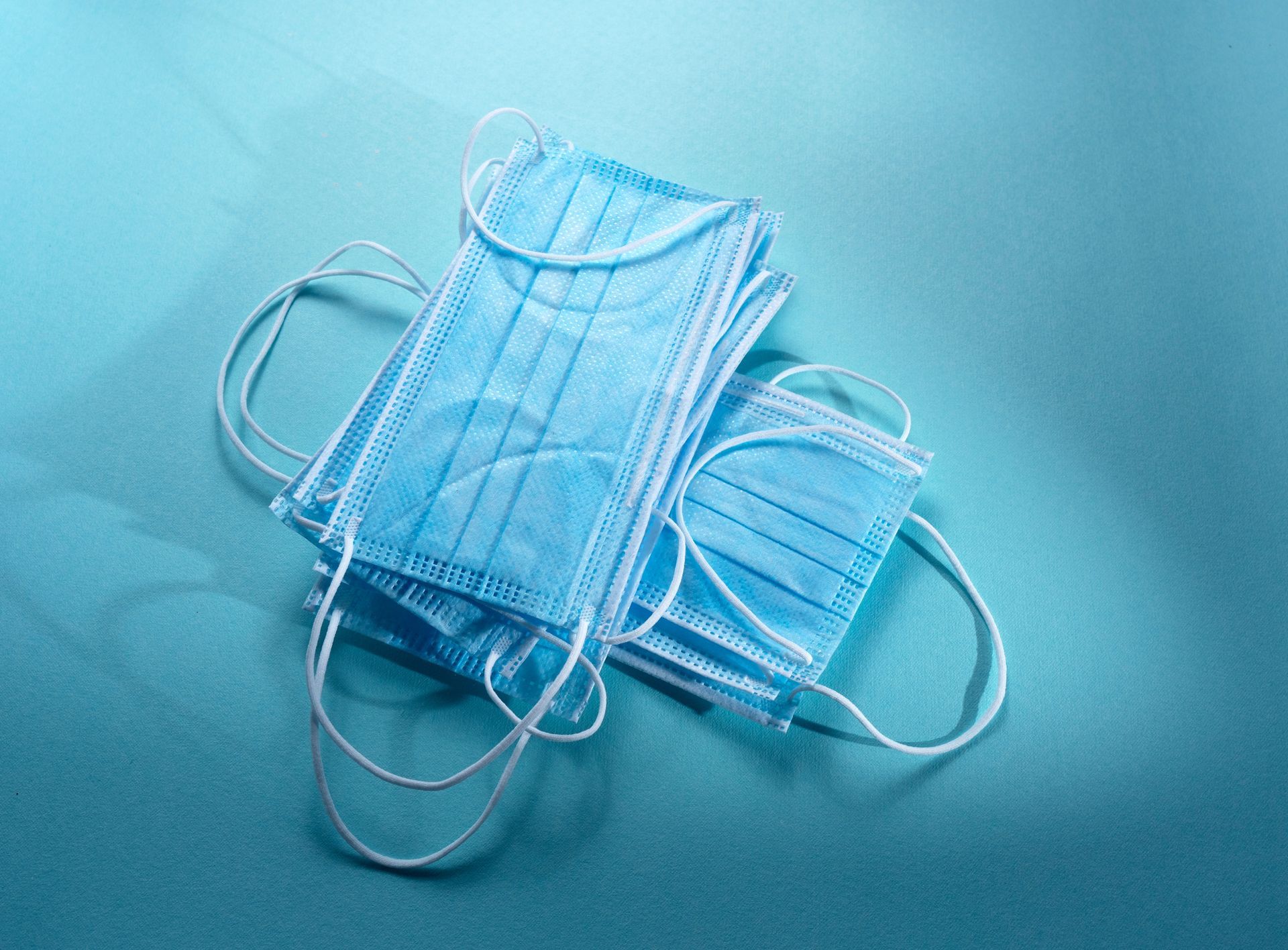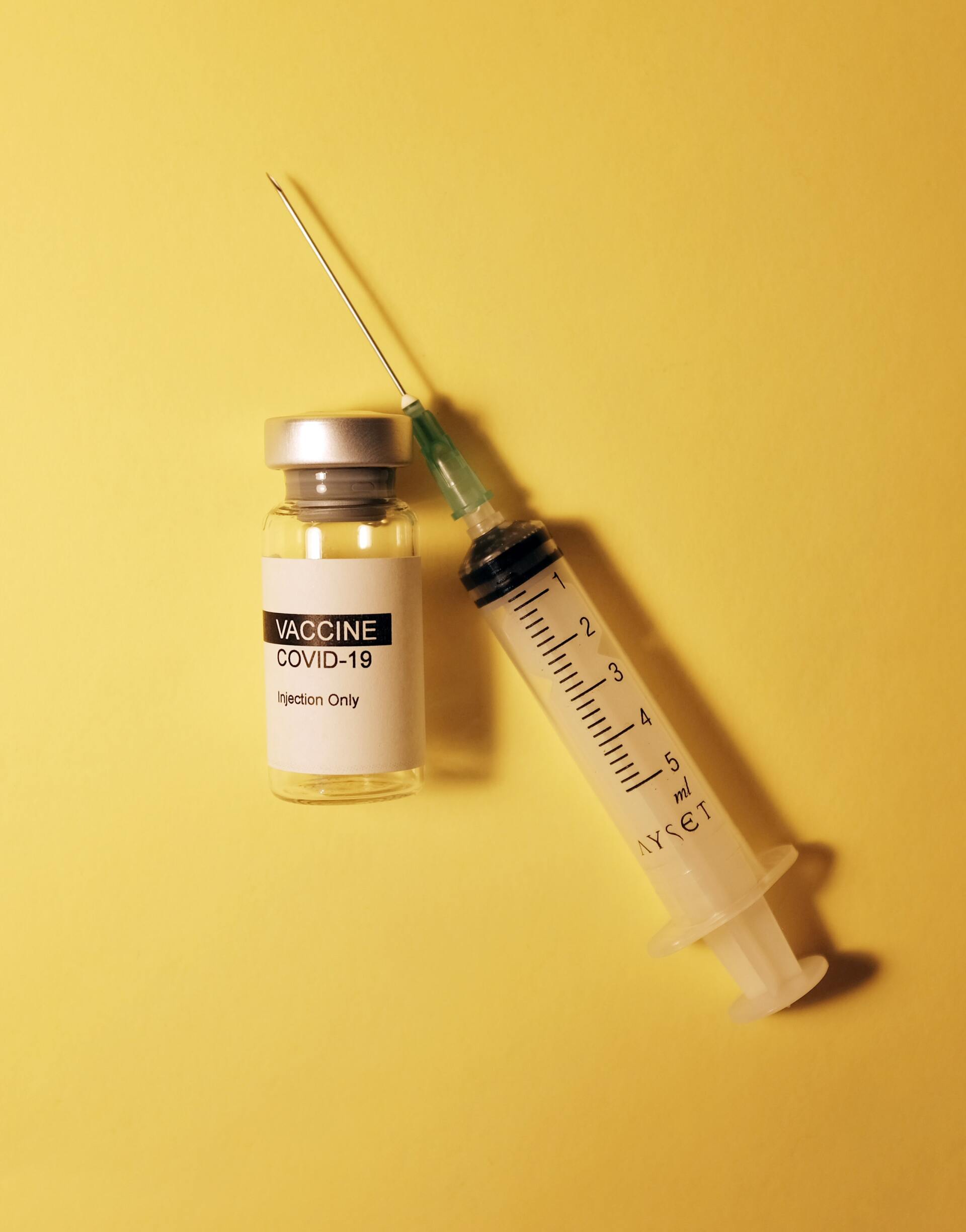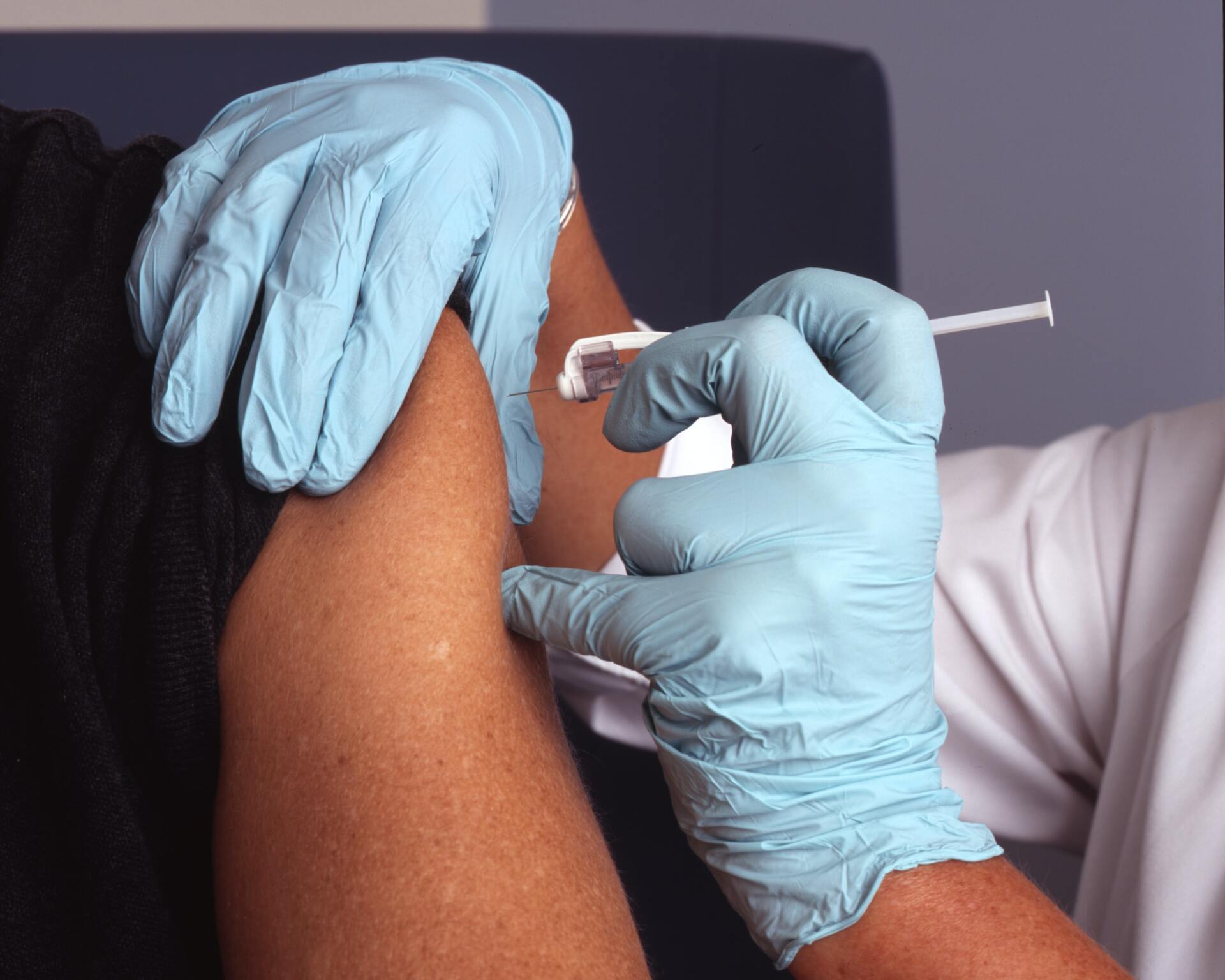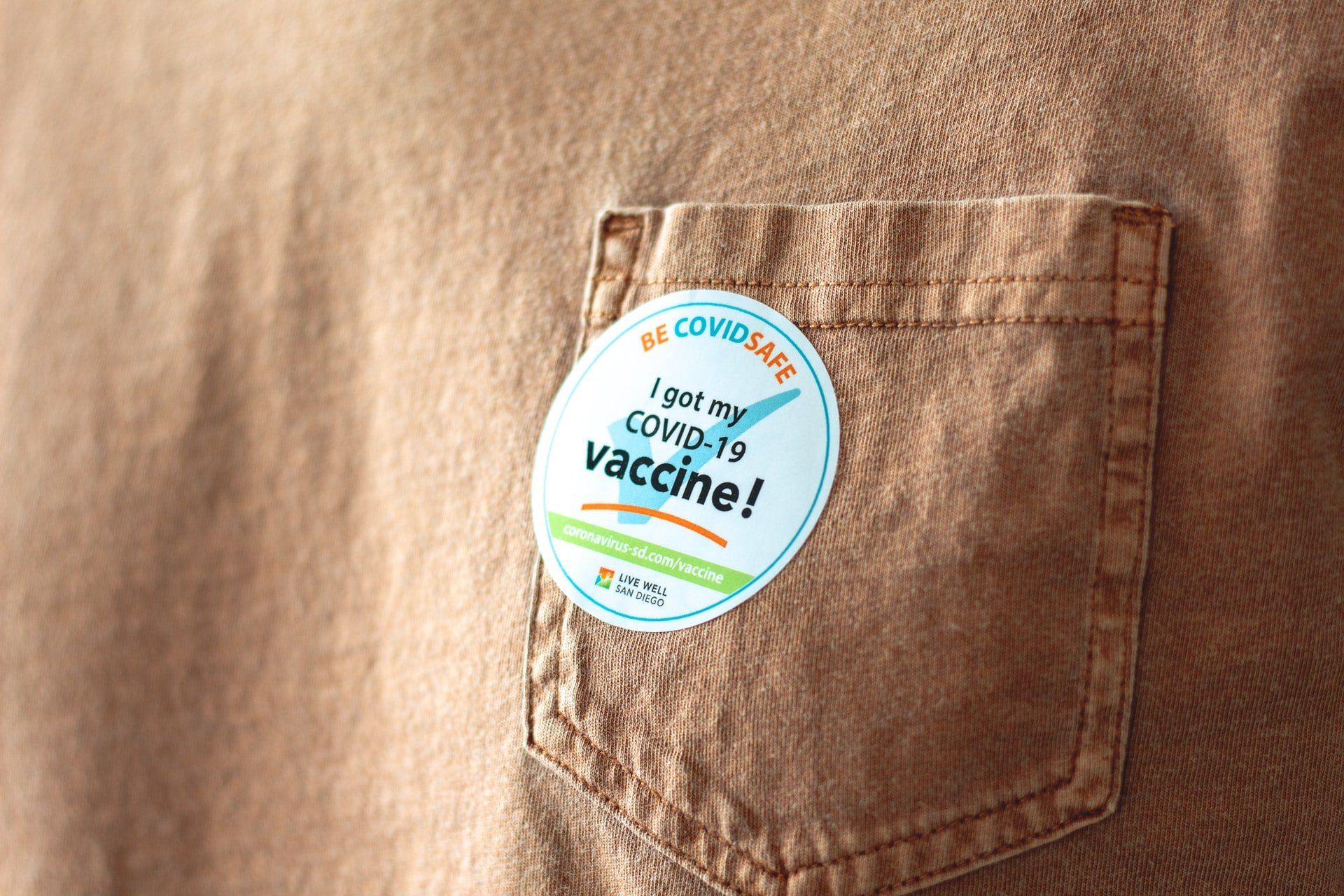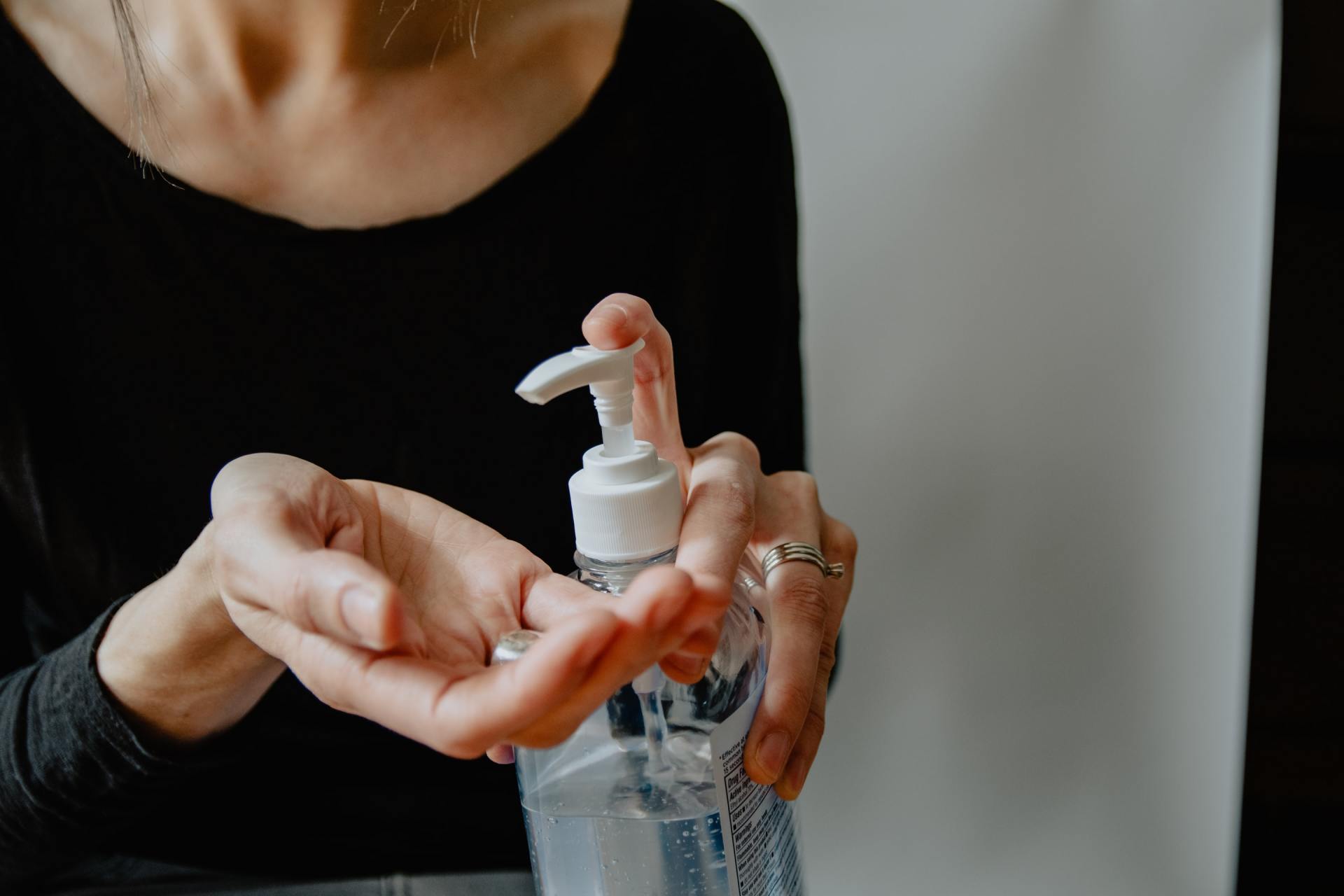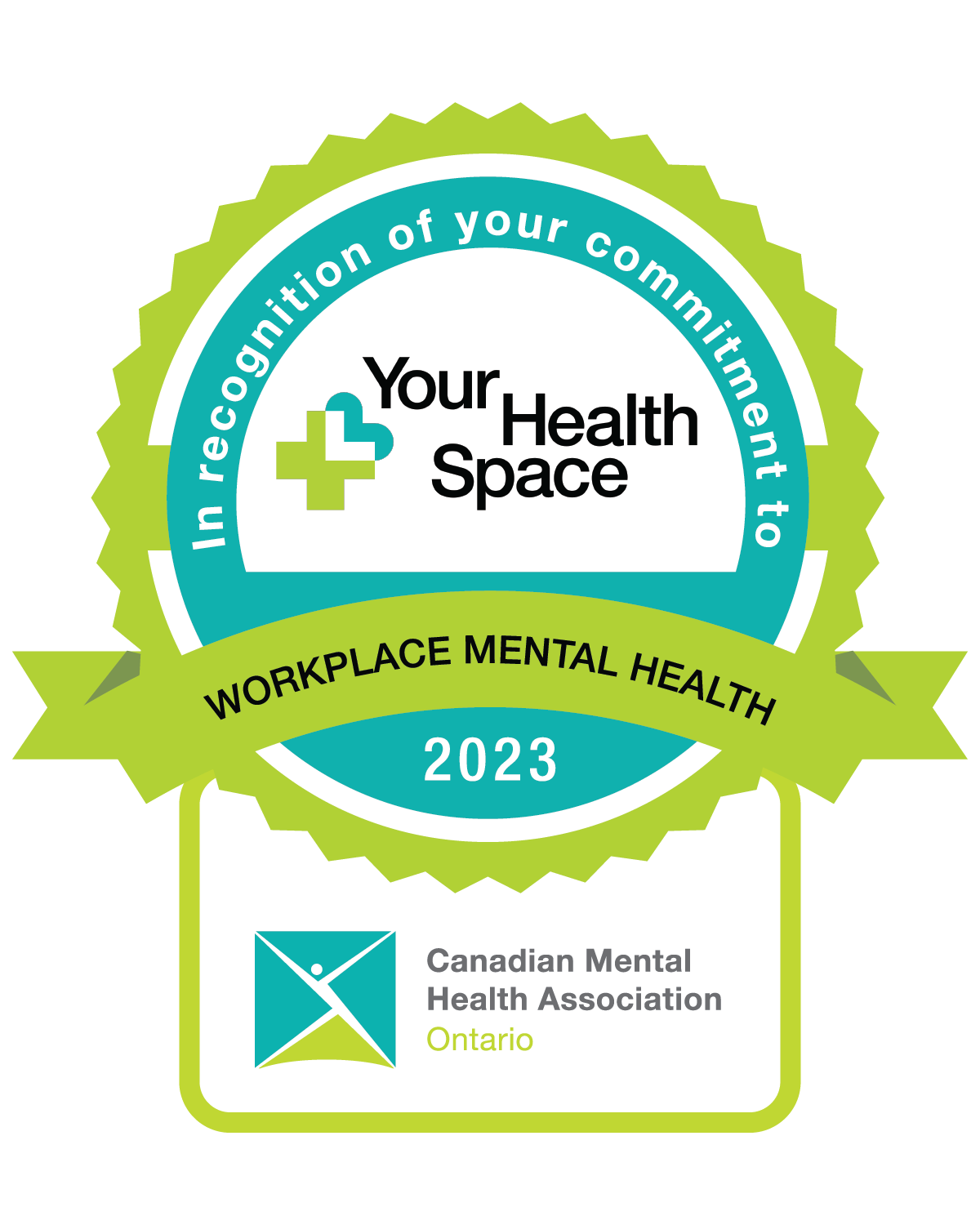COVID-19 Vaccine Q&A Session with Dr. David Burt

Dr. David Burt is an immunologist with more than 30 years research experience in universities and vaccine companies. He has led scientific teams involved in the development of vaccines against various infectious diseases including influenza and SARS. He received his Ph.D. in Immunology from the University of Birmingham, UK and a BSc. in Biological chemistry from Essex University, UK. David received the African Canadian Achievement Award in Science in 1997 and the Harry Jerome Award for Health Sciences in 2006 for his professional work and promotion of science in the community. Currently, Dr. Burt is President of D. S. Burt, R&D Consulting, offering independent consulting advice in biotechnology and vaccine research and development. Dr. Burt is a member of the City of Toronto’s Black Scientist Task Force on Vaccine Equity whose mandate is to engage the communities most impacted by the pandemic around issues related to COVID-19 and vaccines.
There are seemingly a lot of vaccines being developed and being approved. What are the differences between the vaccines and is one better than another?
- There are 4 COVID vaccines that have been authorized: Moderna, Pfizer-BioNTech, Johnson & Johnson’s Janssen and AstraZeneca
- These vaccines are based on new technologies that use a code or recipe which tells us how to make the virus spike protein. Our immune system recognizes new protein as foreign and makes an immune response that will protect us from the virus.
- Based on clinical studies, they all significantly protect against severe COVID-19, hospitalization and death. Data from clinical studies has been verified in real life.
- All are two doses except for Johnson & Johnson’s Janssen, which is one dose.
Can you choose which brand you receive?
- Not sure if that is going to happen because there have been a few supply issues
- We know that all of these vaccines are safe and effective
- Is the efficacy the same across all vaccines?
- It’s important to note that when the initial clinical trials were taking place - Pfizer and Moderna studies – there weren’t variants of the virus. The AZ and J&J vaccines were tested when the variants were circulating. Because of this it is difficult to compare the efficacy of the various vaccines.
- The most important fact is that they all protect against severe cases of COVID, risk of hospitalization and death
- The main strain circulating in Canada is still the original COVID virus, against which any of these vaccines will still work very well. We are starting to see new strains come now to Canada now, but 80%+ are still original
- Are there any reasons why someone would advocate for one brand over the other? Are there any co-morbidities that react better with one brand?
- Answer is no. There is no data that suggests that one is better than the other. No evidence that one works better in diabetics, for example, then another.
- There is conflicting information about time lag between inoculations.
- What they are now finding through real life use of vaccinations, is that it is possible to delay the timing between the first and second immunization.
- They are finding they are still 70-80% effective after the first dose; finding that the longer the distance between first and second dose, the greater the immune response. This new information is now giving more flexibility in administering the vaccines and enabling more people to get first dose and be protected, knowing that second can come later
- What will it mean once I have the vaccine? What kind of immunity will I have? How should we respond when the healthcare worker is vaccinated, but the consumer is not?
- If you are fully vaccinated, you should be protected against severe COVID (protected from hospitalization and death due to COVID).
- If a patient or family has not been vaccinated, but you have, you still need to take the same precautions to keep them safe
- It is not clear yet if these vaccines prevent transmission; not sure if they stop the virus from spreading
- For now, after vaccination, you still need to be careful that you are not transmitting the virus; still must use PPE. Variants are beginning to emerge and that means that even if you are protected from the original strain, you may not be as protected from the variant
- Until everyone has been vaccinated or the majority have herd immunity; even if you have had vaccine, you should still practice all the other safety and protective measures. Vaccine is only one tool in our preventative toolbox.
- Some staff have vaccine, some staff don’t.
- You want to limit your chances of spreading or contracting the virus. Still should use PPE
- Are there any special populations who should not get the vaccine?
- Have discussion with your doctor
- AstraZeneca, for example, is not recommended for over 65’s at the moment
- Underage in groups were not tested; under 18 or under 16 depending on the vaccine
- Pregnant, immunosuppressed, those with auto immune disease – these groups were not well represented in clinical trials so there is not a lot of data in efficacy or safety. It is thought that the risk is going to be minimal in terms of adverse effects due to vaccine, but speak with your doctor
- Persons with known severe allergies to one or more of the vaccine components
- If you have had a serious allergic reaction after the first dose.
- How to know if you are severely allergic to substances in the vaccines, you may not know:
- Main ones that cause rare allergic reaction – polyethylene glycol (not in J&J and AstraZeneca) – found in cough syrups and colon drink, skin care products, cosmetics
- This vaccine has received emergency approval only; these are only in trial phase.
- True. Health authorities have assessed data and determined that the benefits outweigh risks. And we are now seeing the way they perform in the real world is the same as they performed in clinical trials i.e. they are very safe and effective.
- Yes, they have been authorized for emergency use. The trials are still ongoing. Typically these trials go on for a few years. However, there has been enough interim data to show they are effective and they are safe. All vaccines have to go through a critical safety period of 60 days and all of these COVID-19 vaccines have had to pass that window before being authorized for use.
- These vaccines were not tested on animals.
- This is false. All have been tested on animals.
- Before going into human clinical trials, you have to test on animals. Animals were given multiple doses at levels much higher than the human dose. Every aspect of animal testing is done and must be done before any vaccine can be approved or authorized.
- During the development of these vaccines, because so much work had been done with prototypes of these vaccines showing their safety and efficacy, the health authorities in the US, Canada and UK allowed new animal studies to continue in tandem with the human clinical studies. But authorization and approval of vaccines are always done on the basis that they are completely safe in animals and humans.
- This concoction falls under the Nuremberg code.
- This is false.
- That code is a set of medical ethical research principles established as a result of inhumane experimentation on humans during WWII.
- This code does not apply to vaccines because vaccines are always tested in clinical trials in a controlled, consented, ethical manner. The Nuremberg code deals with experimentation – not vaccine trials.
- These vaccines are sold as vaccines, they are really gene therapies.
- This is incorrect.
- They are a new class of vaccines - mRNA and DNA vaccines but they work in the same way as traditional vaccines - they produce an immune response against a pathogen
- They are approved by the same regulatory authority that reviews any other vaccine we have had.
- They do not alter our DNA
- Pharmaceutical industry - They are exempt from liability and we cannot sue them for death or injury. Why are exemptions like this given to pharma companies?
- Countries allow vaccine companies to be exempt from liability in order to incentivize them to focus their efforts on manufacturing urgently needed vaccines during pandemic periods
- This does not mean that the vaccines are not safe. Vaccines are not authorized unless they are shown to be safe and effective
- There is a National Vaccine Injury Program – fairly new in Canada. A no fault injury program where your situation will be assessed and if there is a vaccine related injury then the vaccine injury program will see about compensation. This program has been running in Quebec for over 30 years, and there have only been 1 claim in 1 million cases of vaccine delivered. So, these vaccine-related injuries are very rare.
- Pharma companies are not entirely exempt for example in the US vaccine manufacturers pay the government a 75c excise tax per dose of vaccine produced that goes towards a trust to compensate vaccine injuries that occur.
- The vaccines contain polyethylene glycol (PEG) that 70% of people are allergic to and may lead to cases a severe allergic reaction.
- False. This is not correct.
- It is true that the Moderna and Pfizer vaccines contain PEG, the main allergen that causes allergic reactions, but 70% of individuals are not allergic to this material. In Canada, after $1.7 million vaccine doses were administered, there were only 194 serious, adverse events – most of which were allergic reactions. This only represents 0.011% of people vaccinated.
- Is the COVID-19 Vaccine mandated or not?
- In Canada, vaccination is not mandated. Canadian government has said COVID-19 vaccine is not mandatory.
- To date more than 20,000 have died and there have been more than 800,000 cases of COVID in Canada
- It’s important to understand why vaccination is recommended even though it is not mandated
- How safe is the vaccine? I am diabetic, I am taking other medication. Can it do harm?
- This is a very good question. In the Pfizer and Moderna vaccine trials– there were diabetics that were taking medication and there were no differences in adverse effects or efficacy of the vaccine between diabetics and non-diabetics.
- Always important to see your family doctor to let them know what medication you are taking so they can be aware and advise.
- If someone tested positive, is there a certain amount of time they need to wait to get the vaccine?
- If you tested positive, the recommendation is you can take the vaccine 7-10 days after testing positive (as long as you don’t have symptoms). I would recommend you wait the full 14 day incubation time if you are asymptomatic. If you have symptoms, then you should wait until they completely resolve.
- What brand will we be receiving?
- I am not sure. I know at the moment, Canada is expecting half a million doses each of the AstraZeneca and Pfizer vaccines.
- We should not be worrying about the brand. They are all going to protect us from severe disease and hospitalization.
- Is it possible that the vaccine could cause harm years later?
- We don’t know what the long-term effects are going to be
- We know the critical 60-day safety window has been met with these vaccines
- We are under the threat of COVID right now and that is what we need to deal with
- We will have to see from real life use of the vaccine to see if there are things that will happen in the future. Does not seem like this will be the case.
- Is the vaccine recommended to younger people?
- No, not anyone under 18 of 16 depending on brand
- Exemptions are those at high risk of contracting severe COVID because they have co-morbidities such as heart failure, diabetes, liver disease or chronic kidney disease
- Should always have chat with your health practitioner for clarification
- Is a person required to have flu shot to receive COVID?
- No, there is no connection between the two
- If you are thinking of getting another vaccine, it is recommended to wait 28 days to be prudent.
- Tracking of vaccinations. We understand that Public Health will be collecting information, but how do we have access to that as employers; understanding it is PHI?
- Falls into the realm of privacy
- Health Canada is tracking vaccinations and they are thinking about getting some sort of vaccination card. There is talk about whether or not we are going to need that to travel or to work in certain sectors, but not sure what the legal ramifications of that are
- What are your thoughts on letting the virus flow through a community where we’ll all get herd immunity naturally?
- Some countries were recommending that type of approach; letting nature take its course, but a lot more people would get ill and a lot more people would die.
- Herd immunity only happens ethically and safely after most people have taken the vaccine
- With seasonal flu, we have all been exposed and we all have a level of immunity. Even if a different flu strain comes along, we have enough immunity that we are unlikely to get very ill. This is not the same with COVID. It is brand new, none of us have immunity. Vaccines will help us get to herd immunity
- There are also cases of “Long COVID” – persons that had COVID, but did not have a severe reaction, but now have long-lasting issues, such as joint pain, heart problems for a very long periods of time even though they were not hospitalized.
- With the variants. Are there new vaccines or changes underway to current vaccines?
- Yes. Most companies are developing ‘variant’ versions of their vaccines e.g. J&J are evaluating a booster dose that takes into account variants.
- Great thing about RNA vaccines is that they are simpler to make compared with traditional vaccines therefore variant versions can be made quickly
- If someone is pregnant or breastfeeding, what is your recommendation?
- The National Advisory Council says that if that individual is at risk of contracting COVID because of their workplace or environment they are in, the person can get the vaccine with the proviso that they recognize that because there were few pregnant women in the clinical trials thhere is not enough data to show safety or efficacy. Person will probably need to sign informed consent saying they understand that. Need to speak with physician.
- Will have new studies to better understand impact in the future
- It is an individual choice at the moment
- What if healthcare workers are refusing?
- It is personal choice.
- Vaccine is not mandated
